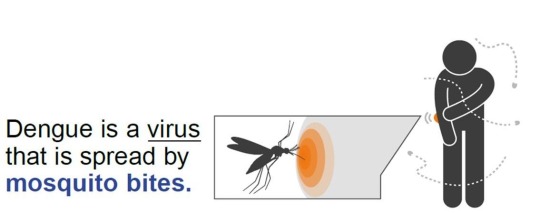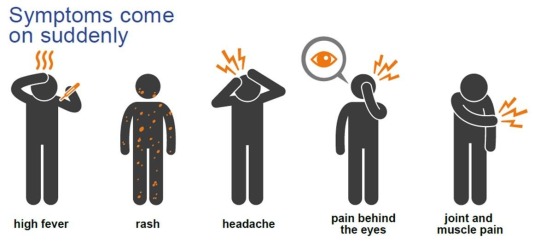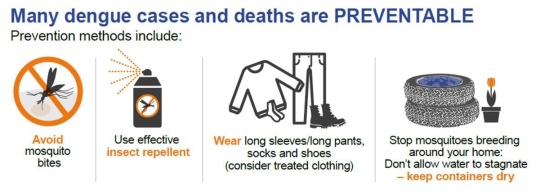
As an Emergency Physician people often ask me if they should get tested for Dengue when they run a high fever. Parents in particular, are naturally concerned about the Dengue outbreak and increasing number of cases in Metro Manila. For a potentially serious disease, Dengue Fever has a very simple solution: early detection and hydration.
What is Dengue and how does it spread?
Dengue is a viral infection carried by the Aedes aegypti and Aedes albopictus mosquitoes which thrive in the tropics and subtropics.
It cannot be passed from one person to another by close contact but is transmitted by a mosquito first biting an infected person then biting a non-infected person. The Aedes mosquito thrives in urban areas and is a daytime feeder biting during the daytime and dusk.
Is there a Dengue outbreak in the Philippines?
The Philippines Department of Health announced a national Dengue epidemic in August 2019 due to a 98% increase in the number of new cases since January 2019. The highest number of cases were reported in Western Visayas and Calabarzon. 271,480 cases were reported with a 0.4% fatality rate.
How does Dengue make a person feel?

Dengue Fever feels like a bad flu-like illness with fever, joint and muscle aches and general tiredness. Most patients with Dengue Fever get better on their own with rest and symptom management. More serious cases of Dengue can affect the blood clotting system producing a rash, bruising or bleeding gums and more systemic symptoms like vomiting and abdominal pain.
How do I know if I have Dengue and what can I do?
A person can contract Dengue 4 to 10 days after being bitten by a carrier mosquito. A fever above 38.5 °C or 101.3 °F can be associated with headache, joint pains, body weakness, loss of appetite, nausea, vomiting, or rashes. The fever may last 2 to 6 days.
A doctor can do a Dengue NS1 blood test to detect the virus antigen. A full blood count is also done to monitor the white blood cell and platelet count.
Paracetamol can be taken every 4-6 hours to help keep yourself more comfortable. Avoid ibuprofen containing medication as this can cause stomach irritation.
What is the treatment for Dengue Fever?
Most patients with Dengue Fever can be looked after at home where they can rest comfortably. They may be asked to attend a clinic for regular blood tests so that the doctor can monitor their progress closely. Only serious cases of Dengue Fever need hospital admission. The treatment is mainly supportive to control the symptoms e.g. pain management or fluid hydration. Serious cases may warrant blood transfusion if the blood test results become very abnormal.

How can the spread of Dengue be prevented?
The Philippine Department of Health launched the 4-S program in February 2019. The 4-S programme is designed to encourage the public to;
- Search and destroy mosquito breeding sites
- Self-protect - apply repellents and wear long-sleeved shirts and pants
- Seek early consultation
- Support fogging and/or spraying

Dr. Irene Umayam, International SOS Philippines